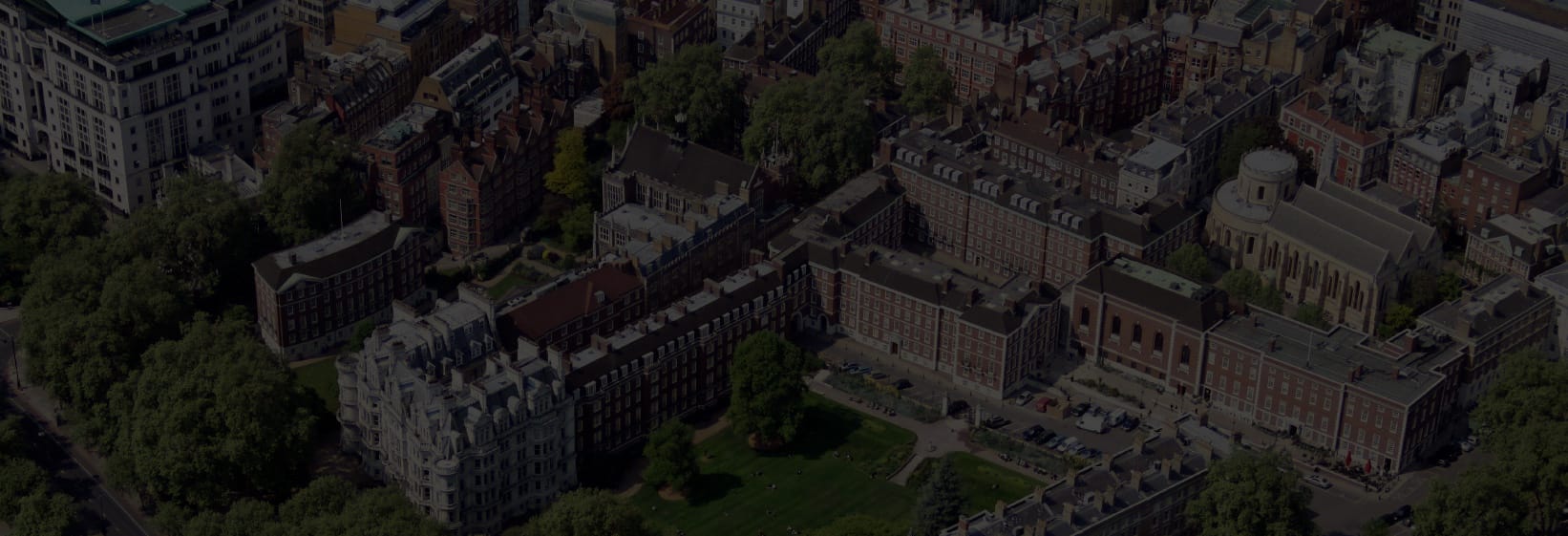- Barristers Chambers
At 2TG our people are hard-working, forward-thinking and approachable. We believe our supportive culture is one of our greatest strengths.
With the set comprising around 60 barristers, we know each other well and work effectively together. We often operate in large teams with clients. Our practice management team is modern and commercial, matching barrister experience thoughtfully to clients’ requirements.
At 2TG our barristers are expert in a broad range of complementary practice areas and we enjoy repeat instructions from a variety of loyal clients.
Practised advocates from the start, all our Silks and the vast majority of our Junior barristers are recognised as leaders in their chosen fields. Many of us are at the forefront of shaping the law in our specialist areas and we pride ourselves in having excellent industry knowledge.
At 2TG our barristers have excellent experience acting across a range of industry sectors and we are able to offer advice in an informed and commercial context.
Our combination of practice area excellence and industry expertise means we possess real insight into the commercial realities facing our clients operating in these areas. Secondment plays an important part of our commitment to developing our skills and understanding.
2TG is home to award-winning accredited mediators, arbitrators, adjudicators and experts with considerable experience of alternative dispute resolution.
Our barristers are also skilled as advocates in different alternative dispute resolution procedures and work strategically with clients to understand their commercial objectives, and then to resolve litigation as cost-effectively and expeditiously as possible.
Work with an international dimension forms a significant part of many barristers’ work at 2TG.
We appear in international courts and arbitral tribunals all over the world, frequently acting on complex multi-jurisdictional disputes. We are particularly well-known for managing cross border litigation on matters of jurisdiction and applicable law and appear regularly in the Supreme Court and Court of Appeal.
At 2TG, in addition to our professional advice, we are recognised for our excellent contribution to education and development. We provide regular high-quality training.
Our reputation among the legal profession and other clients for our first-rate webinars and in-person conferences is very important to us. We also contribute frequently at industry events and as editors of leading texts and authors on topics of legal interest.





